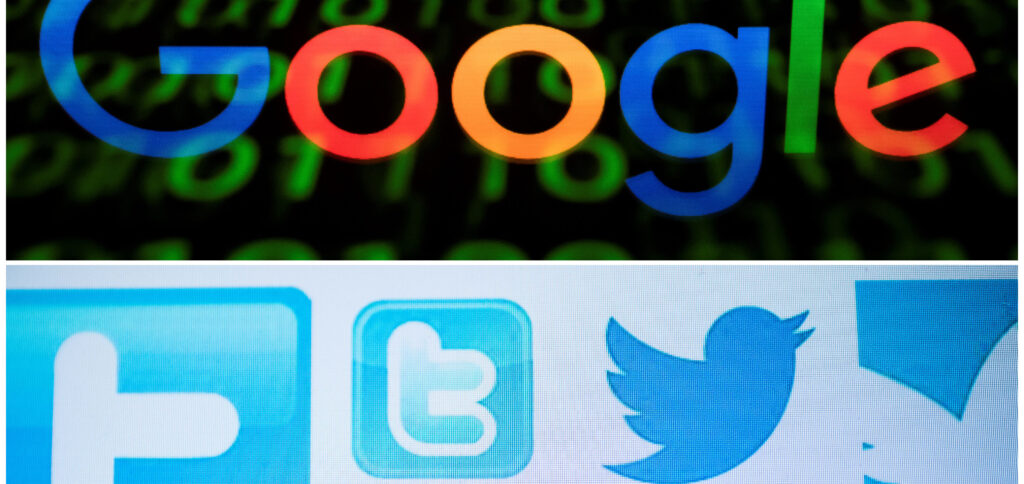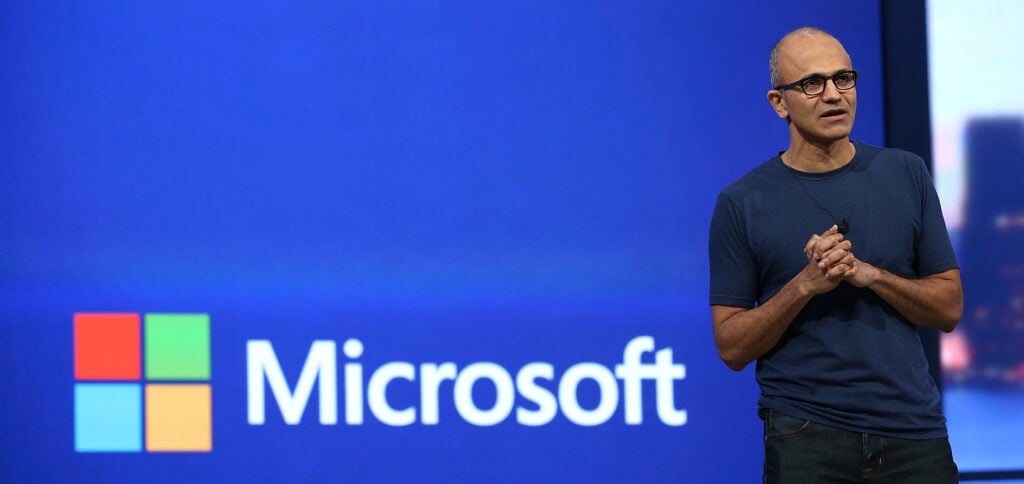The Court ruled that the platforms did not “help or encourage” IS terrorist attacks by publishing messages in support of the extremist group.
ADVERTISING
“The fact that some evil actors took advantage of these platforms is not sufficient to affirm that the defendants knowingly provided substantial assistance and, therefore, aided and abetted the acts of these evildoers”, states the highest court of American Justice.
The cases against YouTube, owned by Google, and Twitter were seen as potential challenges to the legal protections that technology companies have enjoyed for decades.
In its decision, however, the court stated that the cases were not capable of being judged under the legal provision known as Section 230. The latter gives legal immunity to Internet platforms from any content originating from third parties, even if the website publishes it. or as a recommendation.
ADVERTISING
The Supreme Court judges largely sidestepped the debate by saying that, in any case, the allegations against YouTube and Twitter did not constitute an infringement and therefore the discussion of Article 230 was not relevant.
“We decline to address the Section 230 request which appears to present an implausible allegation, if any,” they said.
The Supreme Court refuses to hear the vast majority of cases brought before it. For experts, by choosing to comment on this, there could be a desire to modify the historic law.
ADVERTISING
In the February hearings, the judges had expressed doubts that the case was capable of starting a debate on the reformulation of article 230.
This time, the Court ruled on two separate cases.
In the first, the parents of a young American woman killed in the November 2015 attacks in Paris filed a complaint against the Google, YouTube's parent company, accusing it of having supported the growth of IS by suggesting its videos to some users.
ADVERTISING
In the second, the family members of a victim of an attack in an Istanbul nightclub, on January 1, 2017, believed that Facebook, Twitter and Google could be considered “accomplices” in the attack. According to the plaintiffs, their efforts to take down ISIS content were not “vigorous” enough.
Read also
* The text of this article was partially generated by artificial intelligence tools, state-of-the-art language models that assist in the preparation, review, translation and summarization of texts. Text entries were created by the Curto News and responses from AI tools were used to improve the final content.
It is important to highlight that AI tools are just tools, and the final responsibility for the published content lies with the Curto News. By using these tools responsibly and ethically, our objective is to expand communication possibilities and democratize access to quality information. 🤖




